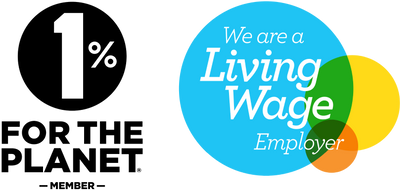Direct Trade // What does it mean?

The term 'direct trade' is heard a lot these days, both in coffee and many other commodity goods, that we have become so dependant on. For some, the term is not evidently clear, and often the reasons for going direct are not understood. Here's our guide to what we mean and why we're doing it.
Our direct trade model for coffee sourcing advocates financially sustainable farming for the producers we work with. This means agreeing on the price they receive directly with them, the producers. This is based on an open and honest conversation about the quality of their produce, the cost of production and the price we're going to be selling the coffee for once it lands in the UK. The agreed price must work for all parties, not just the buyers.
For us, this means visiting the producers at least once a year and paying much above the current commodity prices. Last year this was 30% higher as an average. It also means feeding back our thoughts and feedback on the coffee to help improve next year's crop, while booking coffee ahead of the harvest so they can invest in the extra labor or equipment needed to improve cup quality.

Hand picking to remove unripe cherries. The first step in a long list of quality control.
Then, we must know there is high-quality welfare for the workers and communities and that the farming practices are in line with our beliefs. Natural fertilisers, conservational protection etc, before we can say, 'this coffee is better than fair trade, rainforest alliance or any of the other certifications'

All of our house coffee is bought through this model.

Our current house coffee is directly traded with the Associate Producers of Divinolandia, Brazil








